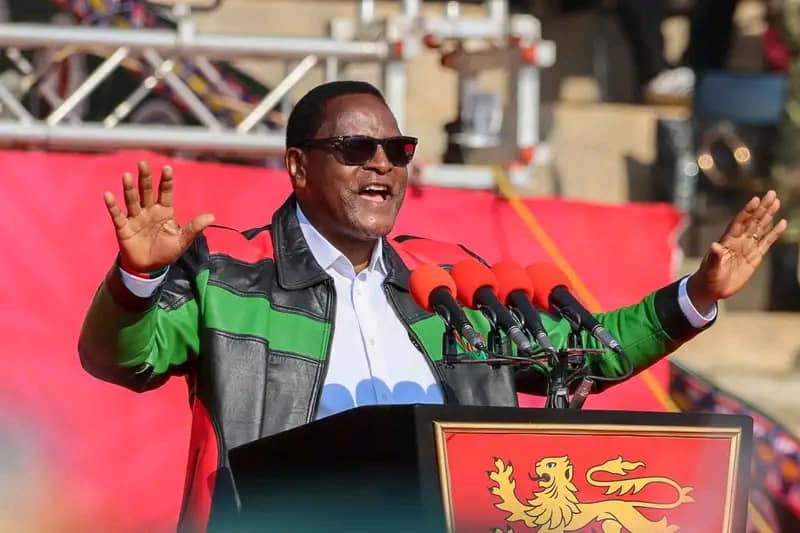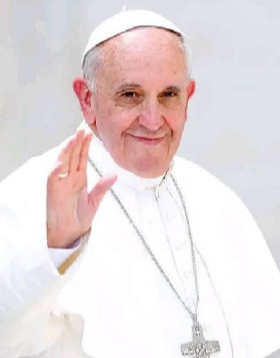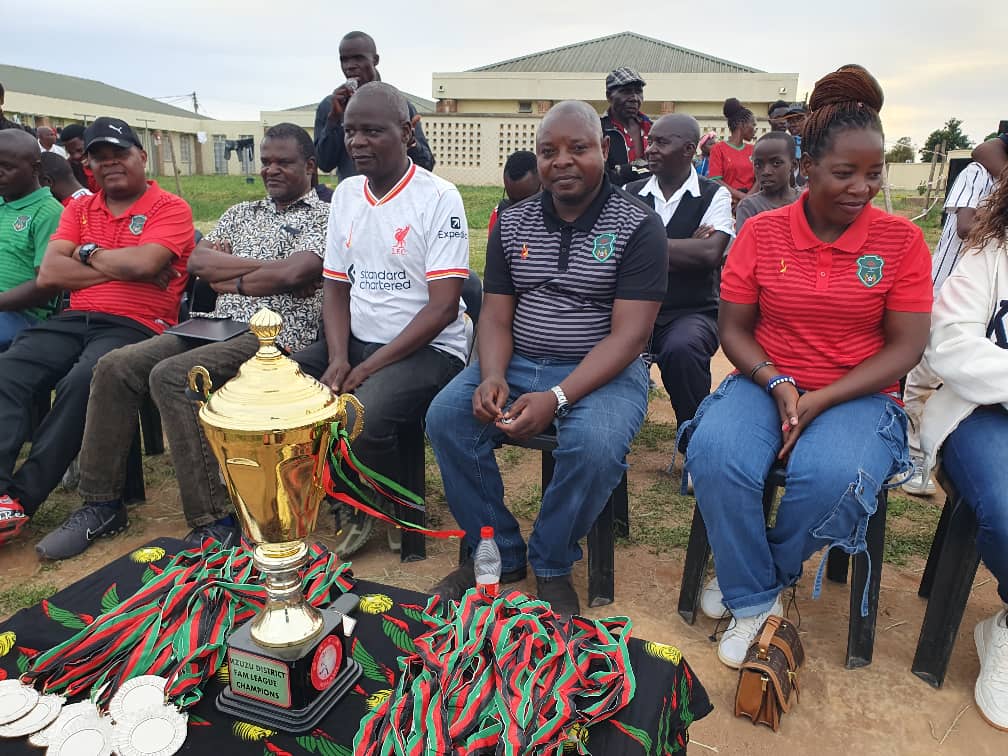By Burnett Munthali
When Malawi was struck by natural disasters like Cyclone Ana and Cyclone Freddy, President Lazarus Chakwera responded with words more than action.
He traveled to affected regions and gave emotional speeches, but little material help reached the victims in time.
Displaced families waited weeks for food, shelter, and clean water, while government machinery stalled under red tape and logistical disorganization.
What should have been swift emergency responses turned into tragic showcases of systemic failure.
Even when international aid began trickling in, it was poorly coordinated and insufficiently distributed.
Critics accused the Chakwera administration of using disaster visits as public relations tours rather than avenues for decisive action.
Donor confidence was further eroded by persistent reports of mismanagement and politicization of aid.
Instead of strengthening Malawi’s disaster preparedness systems, the government seemed to rely on last-minute scrambling and foreign sympathy.
Chakwera’s promises of building resilience and climate adaptation programs remain largely theoretical and unfunded.
The president’s handling of COVID-19 was another chapter of lost potential and poor execution.
Upon taking office in 2020 amid the pandemic, Chakwera promised to lead with science and compassion.
Instead, the COVID-19 response became entangled in corruption scandals and procurement irregularities.
The infamous K6.2 billion COVID-19 funds scandal exposed deep-rooted rot in public financial management under his watch.
Rather than accept responsibility, Chakwera deflected blame and reshuffled a few officials, without instituting systemic accountability.
Healthcare workers were underpaid and underprotected, while politically connected suppliers profited from inflated contracts.
Malawi’s vaccination rollout was slow and plagued by misinformation, logistical delays, and poor community engagement.
While other African leaders took bold steps to prioritize national health systems, Chakwera relied too heavily on donor dependency and rhetoric.
The Saulos Chilima tragedy was perhaps the most defining test of his emotional and political leadership — and he faltered once again.
Vice President Chilima’s death in a plane crash shocked the nation and demanded steady hands and transparency.
Yet, the president’s response was marred by contradictions, delays in public communication, and failure to immediately account for the circumstances surrounding the crash.
Many Malawians expressed frustration that the president appeared too scripted and detached in his televised address.
There were no immediate answers on the aircraft’s mechanical status, the flight clearance process, or search-and-rescue efforts.
Instead of openness and urgency, Chakwera’s tone suggested bureaucratic indifference and blame-shifting.
The government failed to establish an independent investigative panel quickly, leaving a vacuum for conspiracy theories and public anger.
Rather than uniting the nation in grief with clarity and confidence, Chakwera deepened national anxiety with ambiguity and aloofness.
His subsequent mourning events came off as symbolic rather than substantive, focused more on optics than truth.
Even in tragedy, the president failed to model the transparency and humility demanded by the moment.
Conclusion: A presidency defined by missed opportunities and performative leadership
President Lazarus Chakwera’s response to national crises has revealed more about his limitations than his strengths.
Each crisis — whether environmental, health-related, or tragic — has shown a leader who speaks passionately but acts sluggishly.
His administration is marked by delays, mismanagement, lack of accountability, and a chronic dependence on public relations over practical governance.
The Malawian people deserve more than poetic speeches and ceremonial visits — they deserve a government that functions under pressure.
Chakwera’s presidency, once symbolizing hope and reform, increasingly resembles a cycle of promises unfulfilled and responsibilities deferred.
If national crises test the character of leadership, then Chakwera has failed to rise to the moment — time and again.
In times when decisive action, transparency, and compassion are needed most, Malawi has been left with a president more concerned with posture than performance.




